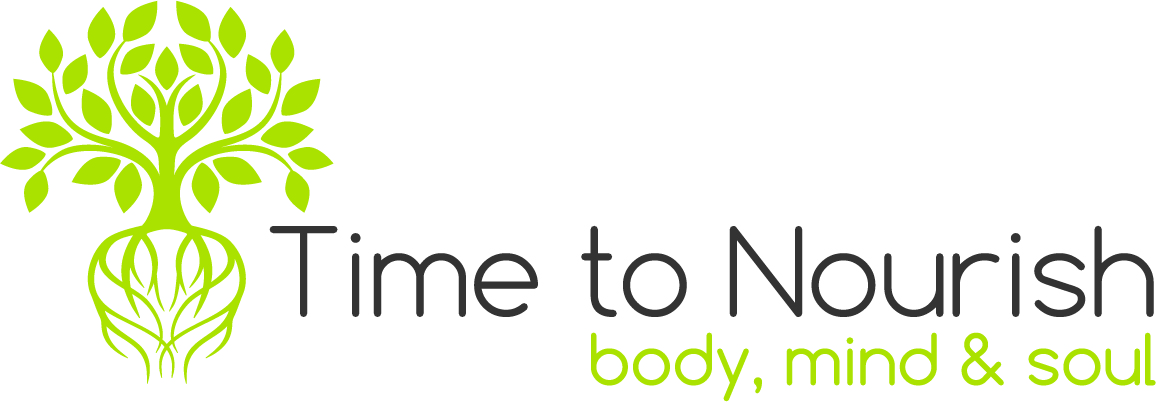EAT LESS EXERCISE MORE – WEIGHT LOSS MANTRA OR MYTH?
Do you still believe this??
Even though you know it is not really that simple (because you have tried it), do you still find yourself relying on this when you want to lose weight?
So why is it such a rubbish bit of advice??
…because there are so many other factors impacting our weight.
Why do we keep going back to trying it?
…because we don’t have enough knowledge of how our bodies work and don’t have another strategy.
So, what’s really going on?
CALORIES IN CALORIES OUT
Eat less and move more is based on the premise of less calories in, more calories out = fat loss, but it is not that straight forward.
Calories in are made up from everything we consume no matter what the source.
Calories out are made up of our BMR (Basal Metabolic Rate – the energy or calories we need to function at rest) PLUS our exercise/movement during the day. For the average person our BMR accounts for 60-80% of our energy expended.
Therefore, focusing on our BMR and understanding what influences it is vital. Influences include our Age, Gender and Genetics, none of which we can change. The elements we can change include:
- Body Composition – muscles require more energy to function and our physical activity and exercise can increase this.
- External Environment – factors like temperature as the body will work harder to maintain normal body temperature.
- Drugs – caffeine and nicotine can increase BMR while some medications can increase body weight regardless of what we eat and how we exercise.
- Sleep -sleep deprivation or disruption to our circadian rhythm can cause metabolic dysregulation and hormone disruption with a knock-on effect on our weight.
However, the biggest influence is what we eat (not how much we eat) because this impacts the biggest element involved in our metabolism, our HORMONES, as well as ourgut health and thermogenic effects of the food we choose.
HORMONES
There are many hormones involved in metabolism but let’s just focus on a few of the main ones:
- Thyroid hormones T3 & T4 which control our metabolism
- Insulin which controls our blood sugars balance
- Cortisol our stress hormone
ROLE OF THYROID
Our thyroid gland is the largest gland in our endocrine system the ‘Master Gland’ controlled by pituitary gland in our brain which controls the speed of our metabolism. It makes the hormones thyroxine and triiodothyronine (T3 & T4). These hormones act on almost every kind of cell in your body to increase cellular activity or metabolism. If there is too much or too little thyroid hormone, the metabolism of your entire body is impacted. To make T3 & T4 we need to provide the body with a good supply of iodine, tyrosine and selenium. In addition, your thyroid gland plays an active role in the breakdown of fat, temperature regulation and synthesis of proteins.
- Iodine rich foods sources include seaweeds, seafood, fish, baked potato, navy beans, turkey, eggs, milk, green beans, fennel, spinach, watercress, strawberries, bananas, NB. should not be given in large quantities to individuals with autoimmune thyroid disease or those on thyroxine
- Tyrosine food sources include chicken, turkey, fish, eggs, avocados, spinach and seaweed
- Selenium rich foods sources include Brazil nuts, fish, brown rice, eggs, most meat, dairy, sunflower seeds, mushrooms, oats, spinach, lentils, banana and cashews.
Why strict calorie restriction is counter productive
Normally your thyroid gland produces much more T4 than T3, which is converted to active T3 when it reaches tissues in your body and this binds to receptors on cells to regulate your metabolism. When you drop your calorie intake too low it puts your body under stress and raises cortisol and then less T4 is converted to T3. Instead, the inactive reverse T3 is made which stops the active T3 from doing its job so you burn less fat and carbohydrates and your metabolism slows down.
BLOOD SUGARS & INSULIN RESISTANCE
Insulin is responsible for keeping our blood sugar levels balanced. Blood sugar levels rise when we eat carbohydrates and they are metabolised into glucose which is distributed around our body in our blood. Our pancreas then produces insulin which enables our cells to take up the glucose and utilise it for energy. If we bombard our bodies with refined carbohydrates and find ourselves on a blood sugar roller coaster, we are at higher risk of insulin resistance. This is when our cells no longer respond as effectively to the insulin signal, this results in raised blood sugar levels, higher levels of circulating insulin and increased fat storage. Prolonged stress and raised levels of cortisol can also increase this risk.
How can we balance blood sugar levels & increase insulin sensitivity?
So again, what we eat matters. Start by having a balanced plate and focus on the following:
- Eat protein with every meal
- Reduce or cut out refined carbohydrates like white rice, white bread, white pasta and simple sugars, sweets and cakes
- Replace refined carbohydrates with slow releasing carbohydrates like beans and pulses, and wholegrains like brown rice and quinoa.
- Eat healthy fats with each meal like oily fish, avocado, nuts and seeds
- Include foods rich in:
- Magnesium – dark chocolate, nuts, seeds, avocado, banana, wholegrains and pulses
- Zinc – seeds, meat, beans, pulses, eggs, wholegrains
- Chromium – broccoli, oats, shellfish, sweet potato, green beans
GUT HEALTH
This is another key area on which I will only scratch the surface of but suffice to say the microbes that live in our gut play a crucial role in how we metabolise our food, absorb the nutrients we eat, impact the foods we crave as well as synthesising key hormones including Ghrelin which tell us when we are hungry. Ghrelin also triggers receptors in the brain which control leptin which tells us when we are full and to stop eating. So…. eating to feed the good bacteria with pre-biotics in the form of fibre and probiotics to populate our gut from fermented produces with live bacteria is essential to support efficient metabolism.
THERMOGENIC FOODS
Lastly choosing food with a high thermogenic effect can help increase our metabolism. About 10 percent of calories are burned through diet-induced thermogenesis – the amount of energy it takes to metabolise the food. For example, 25-30% of calories from protein are expended metabolising it, 5-10% for carbohydrates and 0-3% for fats. So protein has a high thermogenic value in comparison to fats.
Other foods that can enhance that process and increase our metabolism include:
- Chilli
- Black pepper
- Horseradish
- Mustard
- Cinnamon
- Fennel seed
- Garlic
- Ginger
- Coconut oil
- Green tea
IN CONCLUSION
Focusing on WHAT WE EAT is important for an efficient and effective metabolism and not just how much we eat! Unprocessed, nutrient dense whole foods that support our hormones, blood sugar balance and gut health is the best place to start when managing our weight.
And just to touch on the MOVE MORE …. Yes, it is important to keep active and exercise for our overall physical and mental health, find what works for you and don’t overdo it as this will increase your cortisol! WHAT WE EAT impacts our ability and efficiency to exercise too! To learn more join me at my next in person workshop EATING FOR EXERCISE. More details can be found here……..Workshops – Time to Nourish



